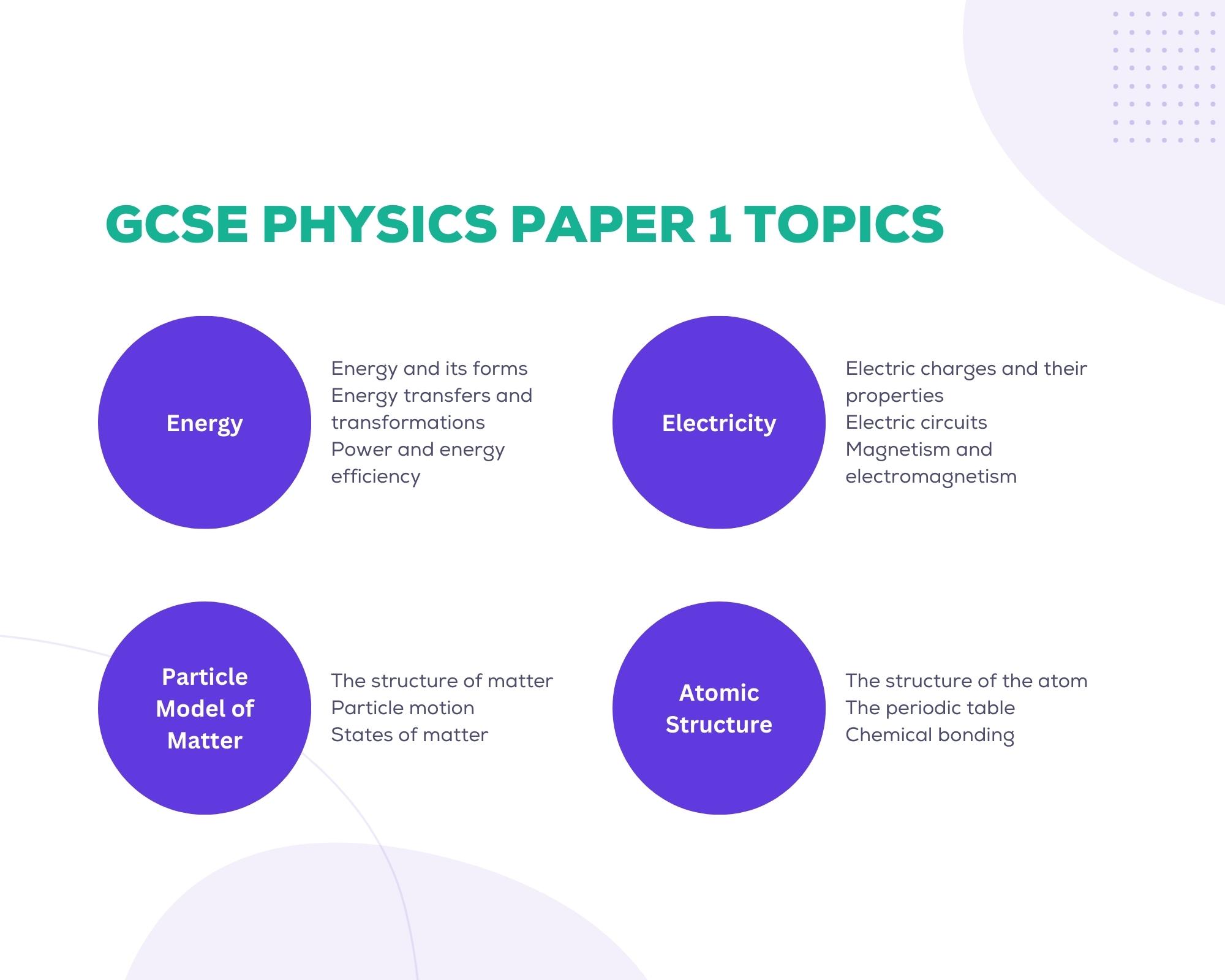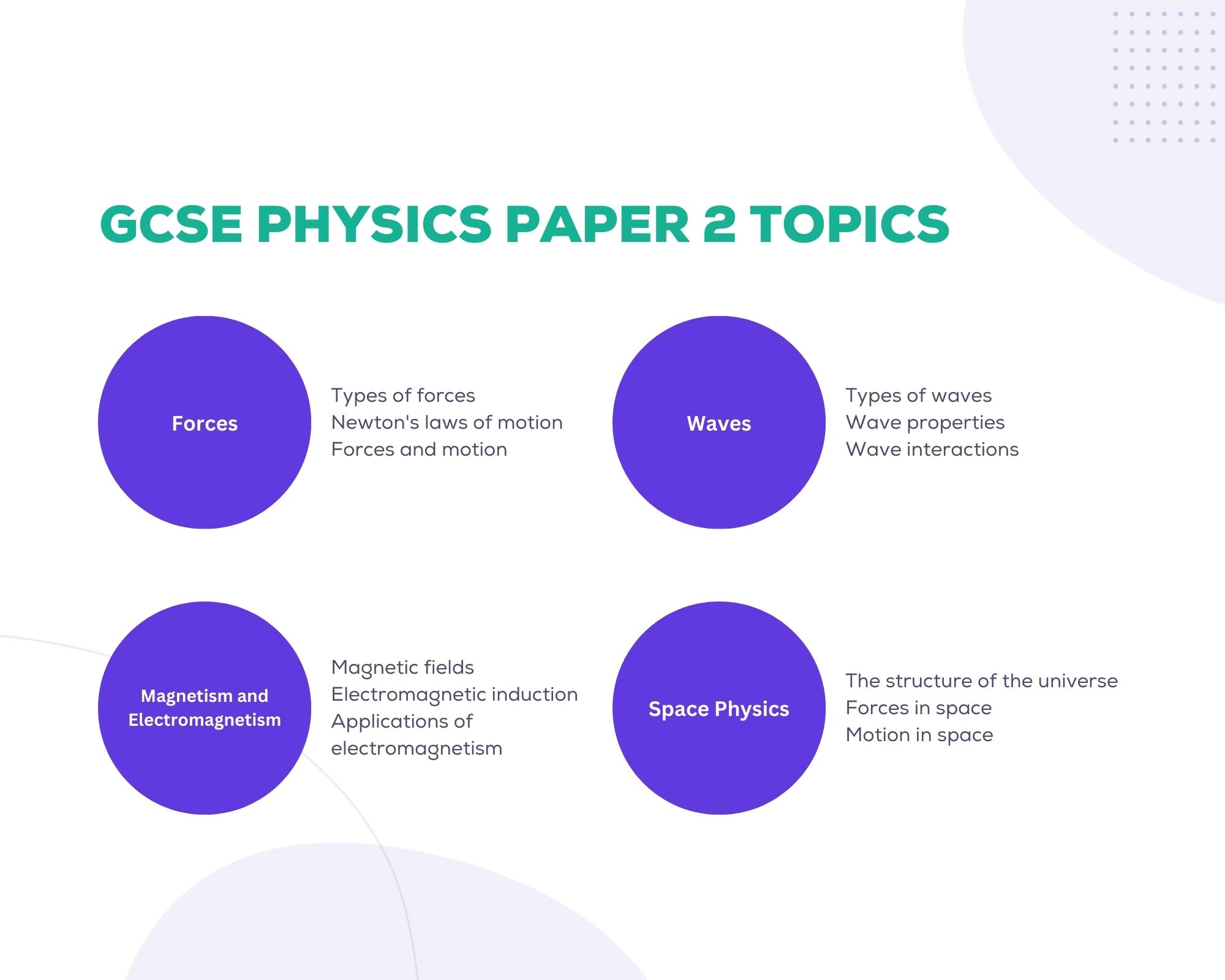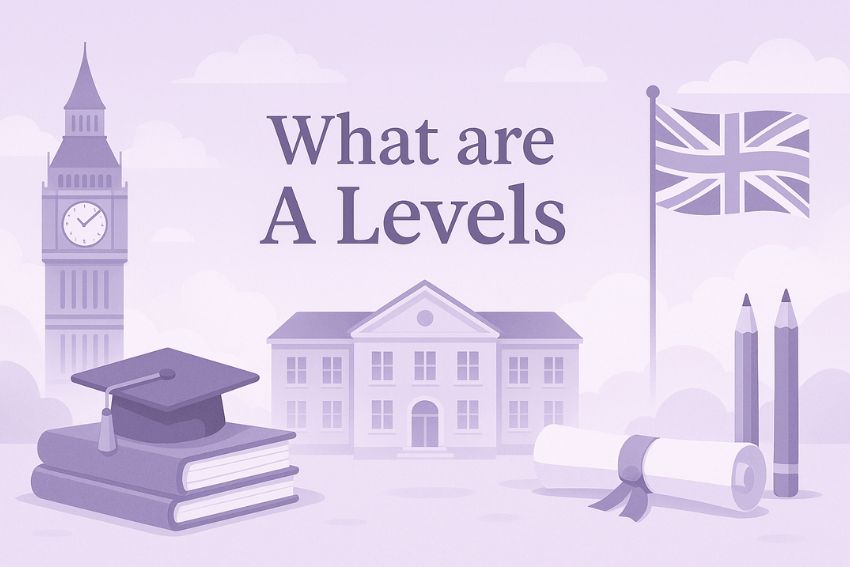As your GCSE physics exam approaches, it’s time to elevate your revision strategy. Our compilation of past papers is the perfect tool to help you identify areas for improvement, sharpen your problem-solving skills, and boost your confidence. 📚
So, whether you’re just starting your revision or seeking to polish your exam technique, dive into these past papers and embark on a journey towards success! 🏆
Use:
AQA GCSE Physics
| Years | Question Papers | Assessment |
| November 2020 | Foundation Tier Paper 1 | Mark Scheme |
| November 2021 | Higher Tier Paper 1 | Mark Scheme |
| June 2022 | Foundation Tier Paper 2 | Mark Scheme |
| June 2023 | Higher Tier Paper 2 | Mark Scheme |
| June 2024 | Higher Tier Paper 2 | Mark Scheme |
OCR GCSE Physics
| Years | Question Papers | Assessment |
| November 2020 | Foundation Tier Paper 1 | Mark Scheme |
| November 2021 | Higher Tier Paper 3 | Mark Scheme |
| June 2022 | Foundation Tier Paper 2 | Mark Scheme |
| June 2023 | Higher Tier Paper 4 | Mark Scheme |
| June 2024 | Foundation Tier Paper 2 | Mark Scheme |
Pearson Edexcel GCSE Physics
| Years | Question Papers | Assessment |
| November 2020 | Paper 1P | Mark Scheme |
| November 2021 | Paper 2P | Mark Scheme |
| June 2022 | Paper 1P | Mark Scheme |
| June 2023 | Paper 2P | Mark Scheme |
| June 2024 | Paper 1P | Mark Scheme |
GCSE Physics Paper 1 Topics

GCSE Physics Paper 2 Topics

FAQs:
Why are GCSE Physics Past Papers Useful?
GCSE physics past papers can be helpful in preparing for exams by allowing students to practice and become familiar with the types of questions and format they will encounter on the actual exam. Working through past papers in a simulated exam setting can also help students build mental endurance and reduce anxiety on the day of the test. These papers can also be used to identify any areas where a student may need additional revision.
Are GCSE physics past papers the only revision resource I should use?
GCSE Physics past papers can be a useful revision resource, but it is generally not recommended to rely solely on them. It is important to use a variety of revision techniques and resources to ensure a thorough understanding of the subject. Some options include revision guides, notes, mind maps, and attending revision classes or hiring a GCSE physics tutor. It is also advisable to refer to the syllabus to make sure all relevant topics are covered
What is the Difference Between OCR Physics A and OCR Physics B?
The main difference between OCR Physics Gateway and OCR Physics 21st century is in their focus and orientation. Physics A has a more academic and theoretical focus, while Physics 21st century has a more applied, real-world focus. Physics A may be more suited for university studies, while Physics 21st century may be more geared towards vocational or technical careers.
Physics A integrates theory with practical skills and helps students develop their understanding of scientific methodology. On the other hand, Physics 21st century focuses on “science in context” and relating science to the real world. It is important to note that these descriptions are based on online discussions and may not be official descriptions from OCR. It is always best to refer to the official specification documents for the most accurate and up-to-date information on the curricula of these qualifications.
Can I use a calculator in the GCSE physics exam?
According to the UK government, “We are proposing to put in place rules which require exam boards to set out in their subject criteria whether or not the use of calculators is allowed in exams and, if so, the type of calculators that candidates can use.”
However, it is important to note that these rules may vary depending on the specific exam board and the specific qualifications being taken. It is always best to refer to the official specification documents for the most accurate and up-to-date information on the use of calculators in exams.
Can I pass the GCSE physics exam if I have not studied physics before?
Passing a GCSE physics exam without prior study may be difficult due to the wide range of topics covered. It is recommended to have a solid foundation of knowledge and to practice identifying different types of exam questions. The difficulty of passing may depend on performance in other subjects, but it is still likely to be challenging without any prior physics study. Avoiding last-minute studying is advised to avoid additional stress and to allow sufficient time to learn the material.
What is the structure of the GCSE physics exam?
The GCSE physics exam is typically structured with two test papers, each covering a different set of topics. The first paper covers topics 1-4, which include energy, electricity, the particle model of matter, and atomic structure. The second paper covers topics 5-8, which include forces, waves, magnetism and electromagnetism, and space physics.
It is important to note that the specific structure and content of the exam may vary depending on the exam board and specific specifications being followed.








